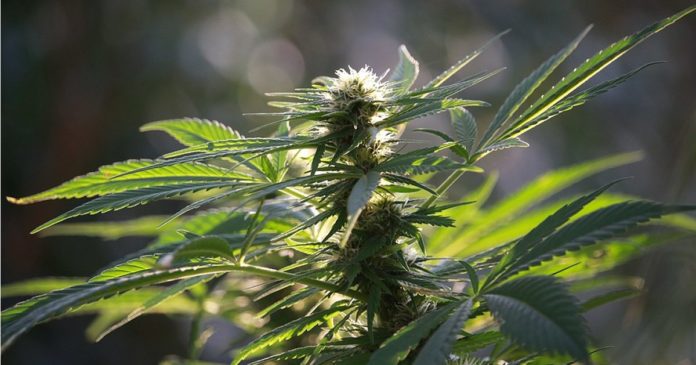Legislation in Virginia on the cusp of becoming law could destroy the state’s hemp sector says a cannabis industry association.
Virginia Governor Glenn Youngkin has been keen to crack down on hemp-based THC products in his state. Last year he signed a bill into law primarily targeting the controversial cannabinoid delta-8 THC.
The Virginia Cannabis Association last week wrote to Governor Youngkin expressing serious concern with aspects of two other bills – SB903 and HB2294 – awaiting his signature.
“As passed by the General Assembly, the bills would have the unintended result of eliminating the thriving Virginia hemp industry, greatly expanding the cannabinoid black market in Virginia and creating serious public safety and public health problems across the entire Commonwealth,” states the letter.
So, what’s in these bills that could have such an effect?
According to the Association, one of the major issues is the way tetrahydrocannabinol (THC) is defined as it includes all isomers of THC – and the non-intoxicating cannabinoid cannabidiol (CBD) is a THC isomer.
“If enforced as written, making CBD illegal would needlessly wipe out the entire hemp extract industry in Virginia and turn consumers toward unregulated and potentially unsafe markets.” states the group.
Referring to analysis from Whitney Economics, the Association says the ban on CBD and other hemp products would close at least 371 Virginia businesses and force dozens more out of state.
Briefly summarising the Association’s other concerns:
- A proposed 2mg THC limit being too low
- A requirement of bittering agents to added to non-ingestible CBD products, which would cause problems for business and impact consumer safety
- Cumbersome labelling requirements for THC-free, non-intoxicating CBD products
As well as raising problems with SB903 and HB2294, the Virginia Cannabis Association wants to help with solutions.
“We would be happy to work with your team in advance of the Reconvene Session to make minor amendments to the legislation that will preserve the industry while meeting your goals of public safety, public health and accountability.”
The group’s letter and a copy of the Whitney Economics analysis can be found here.


